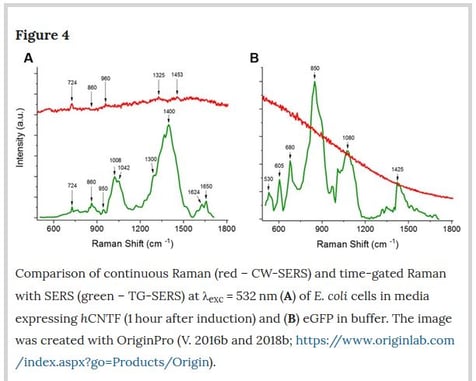research article | 13.02.2020
Share this article:
Related articles
research article | 27.03.2025
Enhancing photocatalytic hydrogen evolution using a novel heterojunction
Discover how Timegated® Raman Spectroscopy was utilized to study a novel heterojunction that...
research article | 20.02.2025
Bismuth Oxybromide Photocatalysts: Synthesis, Characterization, and Paracetamol Degradation
Discover the enhanced photocatalytic activity of bismuth-rich oxybromides in paracetamol...
research article | 14.11.2024
Freeze-drying-induced mutarotation of lactose detected by Timegated® Raman spectroscopy
Discover how Timegated® Raman spectroscopy and MD simulations optimize freeze-drying for...



